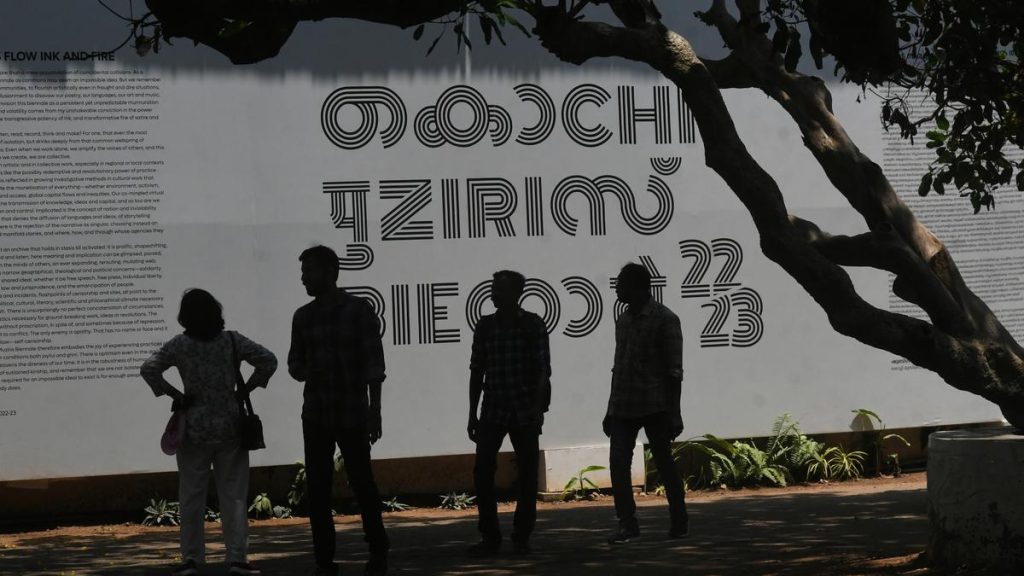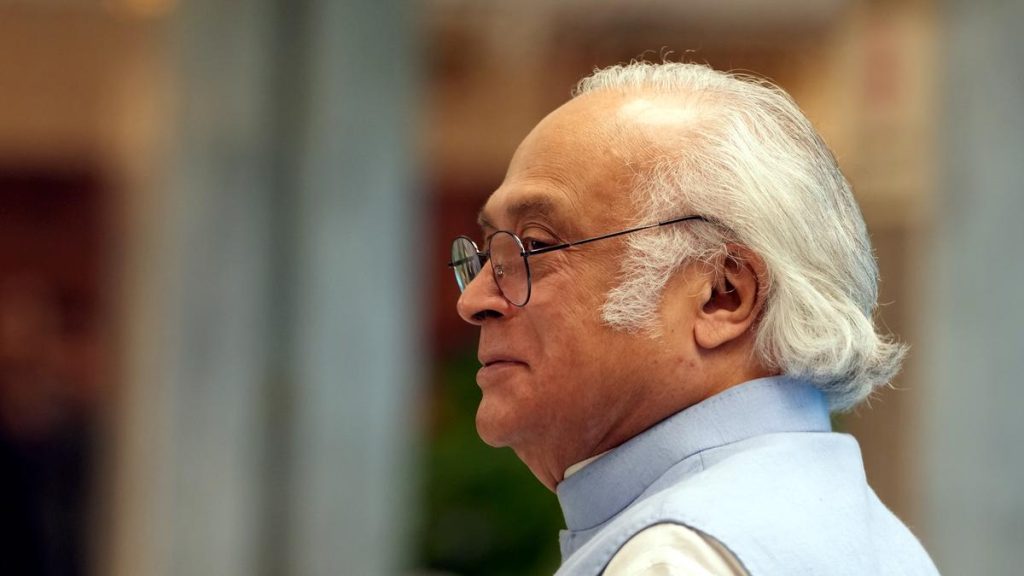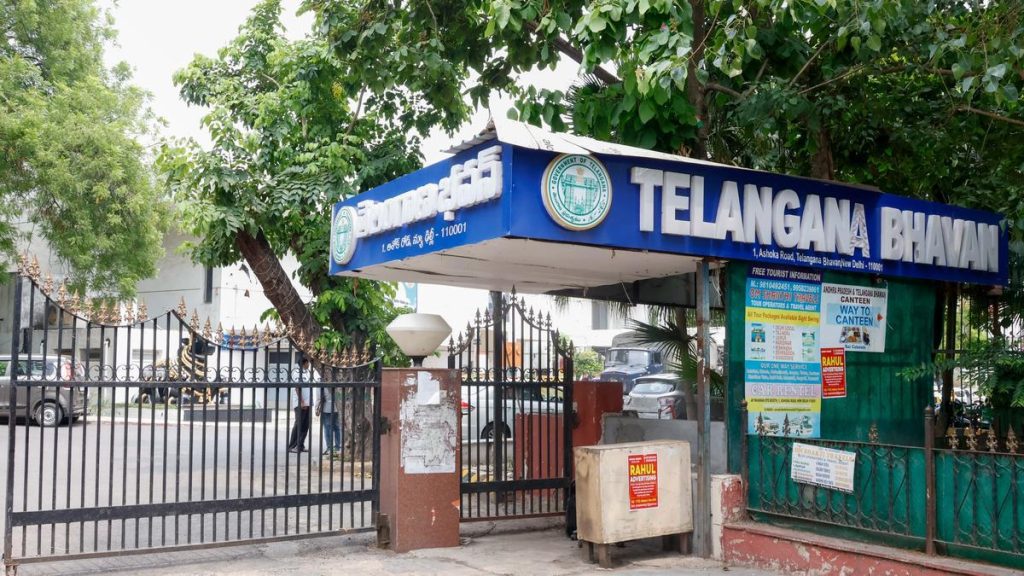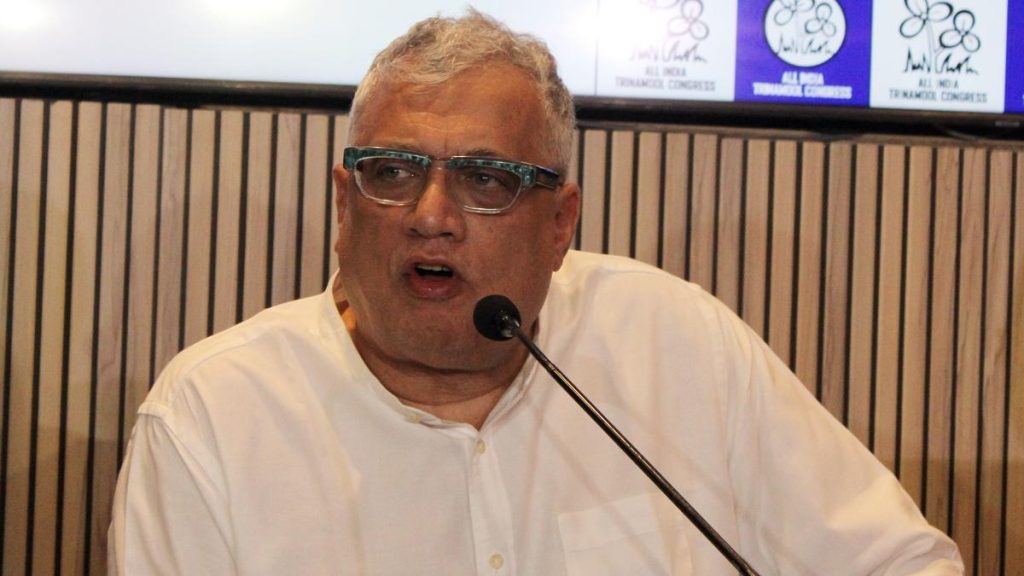Now Reading: Supreme Court Begins Hearing Presidential Reference with Five-Judge Bench
-
01
Supreme Court Begins Hearing Presidential Reference with Five-Judge Bench
Supreme Court Begins Hearing Presidential Reference with Five-Judge Bench
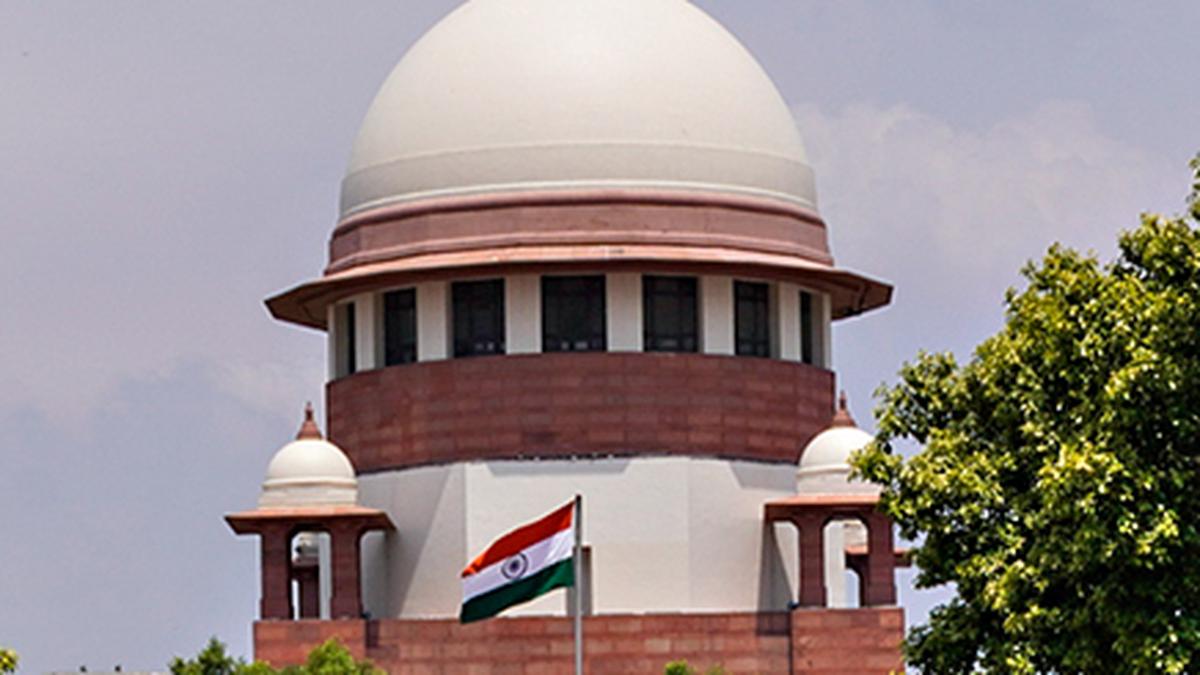
Quick Summary
- Issue at Hand: The Supreme Court of India is hearing a Presidential Reference on whether timelines can be imposed on the President and State Governors for acting on Bills passed by State Legislatures.
- key Observations:
– Chief Justice of India (CJI) B.R. Gavai emphasized that Governors must act as “true guides and philosophers” too State governments, advocating for collaborative relationships between constitutional authorities.- He aligned with Kerala’s argument for such collaboration.
- Advocates’ Arguments:
– Senior advocate K.K. Venugopal (Kerala): Criticized delays in granting assent to Bills in Opposition-ruled States, contrasting them with BJP-led States where assents are reportedly prompt.
– Senior advocate Gopal Subramanium (Karnataka): Warned against giving Governors expansive powers, which could lead to a “dyarchy” or dual authority within states.
Indian Opinion Analysis
The ongoing Supreme Court deliberation could have significant implications for the balance of state-federal power in India. Establishing timelines for gubernatorial actions might reduce political deadlock but requires careful consideration to avoid infringing upon constitutional roles. The arguments raised reflect broader concerns about potential bias and inefficiencies within federal structures, raising questions about neutrality in governance processes across differing political landscapes.
Ensuring collaboration while maintaining the independence of State Governors remains a delicate challenge-with implications not only for state governance efficiency but also for India’s democratic coherence. A precedent from this case may shape how constitutional authorities interact amid increasing polarization in Indian politics.
Read more: Governors must act as true guides and philosophers to States: CJI


